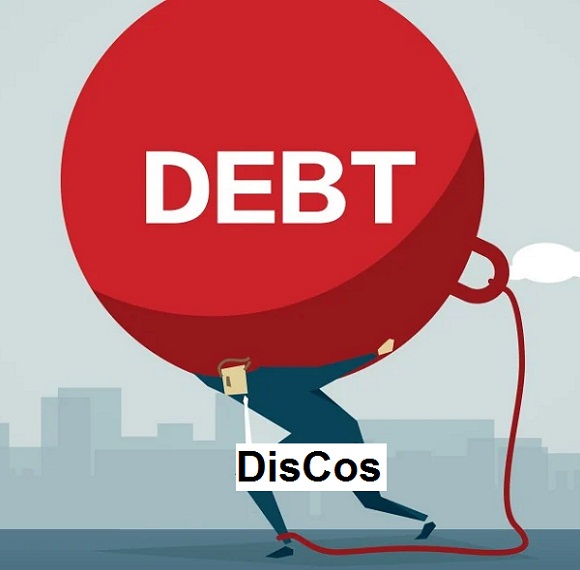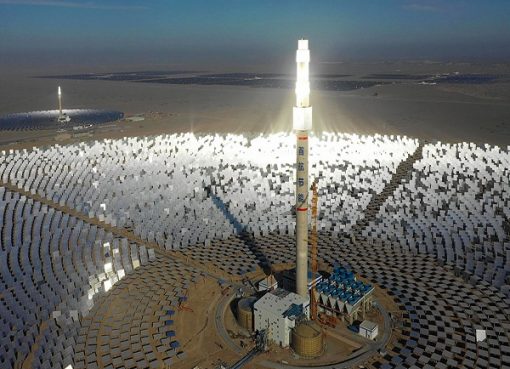The postponed fears by most stakeholders in the Nigerian electricity market is nowhere, as the weak structure of electricity companies, especially the 11 distribution firms (DisCos) and government-induced bottlenecks, have pushed the sector to the verge of collapse.
Growing insecurity across the country, especially in the Southeastern region, where sit-at-home orders are being declared weekly and most Northern states faced with insurgency and banditry, as well as the escrowing of electricity market accounts by the Central Bank of Nigeria (CBN) has also compounded the inefficiency of the market.
Just last week, drama emerged following the takeover of the assets of Ibadan Electricity Distribution Company (IBEDC) by the Asset Management Corporation of Nigeria (AMCON) over default in the loan payment.
Integrated Energy Distribution and Marketing (IEDM) Limited, the core investor of IBEDC and other investors, own 60 per cent of the utility company, while the government controls 40 per cent share. Recall that the Nigerian Electricity Regulatory Commission (NERC) had previously fined IBEDC N50 million for failure to secure a refund of an interest-free loan the IBEDC board granted to its core investor group.
The development comes just as the Abuja Electricity Distribution Company (AEDC), which has already been taken over by the debt crisis, took another turn with the sacking of most key management staff.
ALSO, the power generation sub-sector is experiencing investment constraints following the inability of DisCos to take the load as well as transmission inadequacies.
He lamented that the inability of the host DisCo and the Transmission Company of Nigeria (TCN) to invest in infrastructure upgrade was a major setback to the state, saying, the Akwa Ibom State government has however taken up the responsibility of TCN by building 132/33KVA and 260MVA at Ikam, which Vice President Yemi Osinbajo commissioned in 2020.
Politically exposed personalities were mainly the beneficiaries. Although backed by some globally known foreign partners like Siemens and Manila Electric, the buyers had borrowed money in dollars from commercial banks in Nigeria to complete the transactions.
In 2013, when most of the buyers rushed to the banks for the loans, little did they know that dollar, which then exchanged for an average N200 for $1 would jump to about $500 in no time, even as they are to repay the loans for businesses transacted in naira.
Amid theft and estimated billing, end-users such as the Federal Government and the states with their agencies, which should have paid electricity bills promptly, currently owe the sector nothing less than N202 billion, while most DisCos reportedly run on bloated overheads and operate system typical of the public sector where employment, salary scale and promotion favour the powers that be.
Report gathered that payment of salaries has already become a tedious task for some of the companies as hard times are rendering most of the firms into insolvency.
Enugu Electricity Distribution PLC (EEDC) told us that the insecurity situation within its area of franchise has adversely impacted not just its revenue and collection, but overall performance, pushing down revenue by about 40 per cent.
“We now have situations where we only operate twice in a whole week due to the sit-at-home order by the Indigenous People of Biafra (IPOB). Over time, we have lost our Mondays to this same order,” spokesperson for the company, Emeka Eze, said.
He, however, disclosed that efforts are being made to embark on intensive revenue drive across the franchise area, stressing that “the power sector cannot effectively operate if energy bills are not paid by customers.”
Former Managing Director of Nigerian Bulk Electricity Trading Company (NBET), Rumundaka Wonodi, said the capital structure of the DisCos is not sustainable.
“Worse still, many of the DisCos have failed to invest to raise service level and revenues, failed to run prudent operations, the case of Abuja DisCo is a clear case where the management was seriously bloated. We can only hope that these two cases will make others sit up,” he said.
Top management in one of the DisCos, who pleaded not to be mentioned because he has no authority to speak to the press, stated that the financial crisis in the power sector may make fresh investment elusive, adding that most international firms have no interest in investing in the sector other than to look for contracts.
According to him, there are only a few profitable states in most of the DisCos across the country, adding that even if government or banks take over the DisCos, running it profitably remains a critical challenge.
“Even if we declare force majeure, we may not get our money back. In Yola, when we declared force majeure, it took five years for the government to pay N88 million. Where are they going to get the money from,” he said.
The former President and Chairman of Council of Chartered Institute of Bankers of Nigeria (CIBN), Prof. Segun Ajibola, noted that the loans from the power sector threaten most commercial banks in the country, stressing that borrowing in dollar for a transaction domiciled in another currency remained a bad decision.
“Banks were made to lend to the DisCos. It is bad credit practice to borrow in one currency and the project is generating cash flow in another currency. There was a currency mismatch. The movement in currency rate has always been against the Naira,” Ajibola said.
According to him, most borrowers would have to pay back double of what they had borrowed, noting that debt in the power sector not only threaten the banks but the sector.
Executive Director, Power Up Nigeria, Adetayo Adegbemle, noted that it was unfortunate for most of the DisCos to have borrowed with an expectation that things would go well, adding that the escrowing of the accounts exposed the weakness of most of the DisCos.
“All along, the DisCos were enjoying a subsidy from the government. This subsidy has been removed while the customers are not paying because electricity is still seen as a social service. Apart from a loan taken to acquire the assets there are other associated loans that are now being deducted from the source, this will make many DisCos fall victim to what happened in Abuja and Ibadan DisCos,” he said.
Source: guardian










